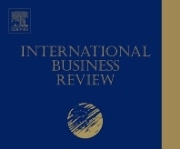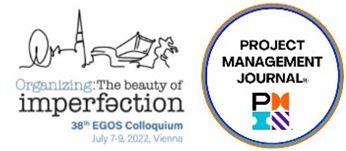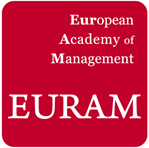Guest Editors
- Elaine Farndale (The Pennsylvania State University, USA)
- Sven Horak (St. John’s University, USA)
- Rakoon Piyanontalee (The Pennsylvania State University, USA)
- Maja Vidović (RIT Croatia, Croatia)
Key Themes and Research Questions for the Special Issue
To help lay the groundwork for future IHRM research, this special issue seeks submissions that
address the challenges of the past decade as well as projecting how these might stimulate
understanding for future IHRM research. We invite papers that expand theory and empirical
evidence on the following and related research questions:
- Is deglobalization a ‘thing’ in international HRM either now or in the future?
- What has the last decade taught us about ethics and corporate social responsibility in
the globalization of work? - What responses are we observing in IHRM to ongoing crises, uncertainty, and risk in
many countries globally? - What roles do digitalization and technological disruption play in IHRM?
- How have national institutional and/or cultural environments pertaining to HRM changed
over the last decade and how might they continue to evolve? - How has the study of HRM in emerging markets advanced from the early research in
these markets a decade ago? - How are multinational corporations approaching strategic IHRM in an increasingly
uncertain global environment? - How has the turbulence of the last decade affected expatriate management and global
careers and what does this mean for the future? - What might IHRM look like in a post-pandemic world?
- Has the volatility of the last decade helped or hindered our understanding of diversity,
equity, and inclusion practices in different national settings? - Is global talent management a thing of the past as nations become more inward-looking
and virtual work more the norm? - What roles has global leadership played in guiding the IHRM landscape over the last
decade and what might these roles look like for the future? - What is IHRM’s role concerning Environmental, Social, and Governance (ESG)
investment? - Has increased environmental uncertainty promoted or reduced the organizational focus
on high-performance work systems in different national settings? - What has the last decade taught us about the aging population and generational
challenges in different national settings?
Full manuscript submission deadline: 01 October 2022.
To help authors develop and improve their papers, the editors will organize a manuscript
development workshop during the 5th Global Conference on International Human Resource
Management, held on 19-21 May 2022.
View the complete CfP here.







